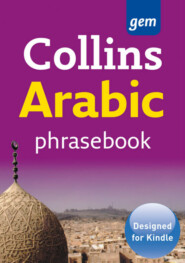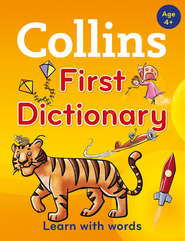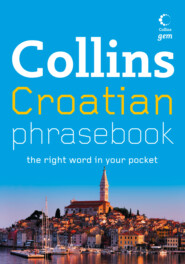По всем вопросам обращайтесь на: info@litportal.ru
(©) 2003-2025.
✖
Collins Primary Grammar, Punctuation and Spelling
Автор
Год написания книги
2019
Настройки чтения
Размер шрифта
Высота строк
Поля
Kevin threw the water balloon at Linda and me.
> Kevin threw the water balloon at me. (NOT Kevin threw the water balloon at I.)
Double negatives
A negative is a word like not, nor, never or nothing, which means no. Sometimes people use two of these in a sentence and this is known as a double negative. You should not do this in standard English:
I didn’t have any money.
(NOT I didn’t have no money.)
We have never been there.
(NOT We haven’t never been there.)
He didn’t do anything wrong.
(NOT He didn’t do nothing wrong.)
Reporting speech
There are two ways of dealing with speech when you are writing.
Direct speech
This is when you quote exactly what a person says. For this you use inverted commas and verbs like say, reply, answer, mutter and shout. If you are showing a conversation you start a new paragraph every time a different person speaks.
“Hello Sarah,” said Mike. “What are you doing here?”
“I’m meeting my friends here,” she replied. “We are having lunch and then we are going to the cinema to see the new Hunger Games film.”
“Who’s all going?” asked Mike.
Sarah said, “Lucy, Aila, Rachel and Fiona.”
Indirect speech
This is when you report what a person has said but do not quote it exactly. You do not use inverted commas for this, and you do not use question marks or exclamation marks.
Mike asked Sarah what she was doing in the cafe. She told him she was meeting her friends for lunch and then going to the cinema. Mike asked who was going and Sarah told him it was Lucy, Aila, Rachel and Fiona.
Synonyms (#ulink_1d6d1b1d-4085-5737-b08b-8a15d413d438)
You should try to use a wide range of words in your writing. It is good to avoid repeating the same words again and again. You can do this by using synonyms of overused words. A synonym is a word that means the same as another word. If you are writing a story about a conversation, instead of using said each time, you could use mentioned, responded, muttered, whispered or snapped. By doing this, you make your writing more interesting and entertaining.
Here are some words to avoid and some synonyms you could try instead:
• nice:
• great:
• look:
• big:
Be careful, though. A word that is a synonym for one meaning of a word might not work for another. You can replace good with well-behaved in the phrase ‘a good child’, but well-behaved does not work instead of good in ‘a good book’.
Antonyms (#ulink_78957b9f-d6bd-5407-b4e2-421e2cbcf1a7)
An antonym is a word that means the opposite of another word. For example forget is the antonym of remember.
You can use antonyms to show a contrast:
William had hoped by now to be rich; he was shocked to realise he was actually rather poor.
After so many years her love had turned to hate.
You can use an antonym with a negative to emphasise something that might seem surprising:
Maria was not unhappy that the party had been cancelled.
(Maria was actually happy about it)
This government policy is not unpopular with the public.
(The policy is actually popular)
Only use a word if you are certain that you know what it means. If you are not sure, check the meaning in a good dictionary. For synonyms and antonyms, you should check a thesaurus.
Layout (#ulink_42c782dc-8921-53bf-9b93-d209be0f6b47)
When you are writing something for school, think about the way it appears on the page. Is it clear and easy to read? The layout is important. You must break your writing into paragraphs, but there are other things you can do to make your work readable.
Вы ознакомились с фрагментом книги.
Приобретайте полный текст книги у нашего партнера:
Приобретайте полный текст книги у нашего партнера:











